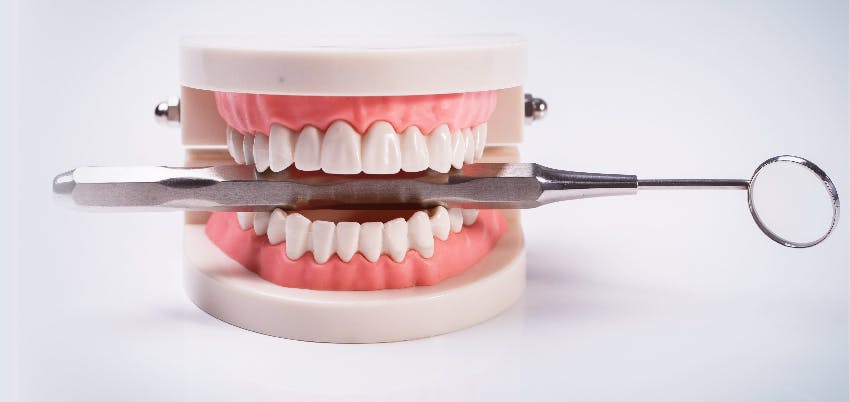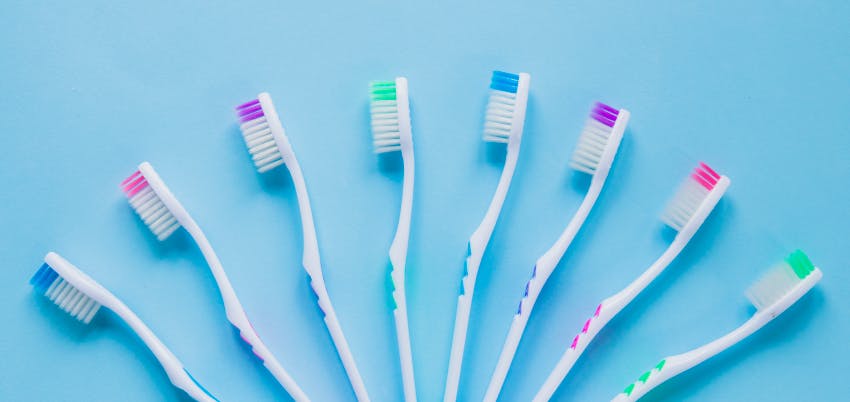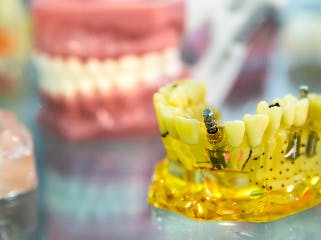
Gum recession: Know its causes, how to avoid it and treatment
by Wildsmile
Healthy gums embrace or cover the base of the tooth firmly, with gum recession, the tooth is left unprotected, therefore, it runs the risk of accumulating food residues, causing the proliferation of bacteria that cause bad breath and cavities.
Receding gums, or gum recession, is the process where the gum margin moves away from the crown of the tooth. In a less scientific way, it is when the tooth is left without the protection of the gum. Healthy gums embrace or cover the base of the tooth firmly, with gum recession, the tooth is left unprotected, therefore, it runs the risk of accumulating food residues, causing the proliferation of bacteria that cause bad breath and cavities. Healthy gums also help protect the parts of the teeth that are not made to withstand exposure to acids and sugars.
Symptoms of gum recession
- - Dental sensitivity
- - Swollen gums
- - Crooked teeth: one longer than the other
- - Bad breath
- - Bleeding gums
If these symptoms are not treated by a specialist, they can lead to more serious oral problems, such as displaced teeth. As there are no healthy gums to contain and protect the teeth, they begin to move, which can cause misplaced teeth or the loss of these.
How to avoid gum recession
At Wildsmile we recommend you follow these simple tips for healthy gums:
1. Good oral hygiene. Remember to brush your teeth 3 times a day..
2. Having a correct brushing technique is crucial. Do not aggressively rub your teeth and gums. Gently massage your teeth and gums in a circular motion. It is recommended that you use a medium bristle toothbrush, since strong bristles are aggressive to both your gums and tooth enamel.
3. Floss your teeth daily. This will prevent food accumulation.
4. Bruxism produces too much pressure on the gums and bone, which leads to gingival retraction - avoid clenching or grinding your teeth!
5. Smoking causes the accumulation of plaque and is also a vasoconstrictor that is, it prevents good blood circulation, affecting the immune system, leaving your mouth vulnerable to bacteria.
Treatment of gum recession
Definitely the first step recommended by Wildsmile is to modify the aggressive brushing technique for a soft one, remember that also the use of soft toothbrushes is highly recommended, as well as to change for a more specialized toothpaste. When these things do not work and the problem increases, it is suggested to proceed with a gum graft.
Try to attend to all these symptoms that cause gingival recession in time. It avoids complications and more serious problems. Visit your dentist twice a year, he will give you the proper care to have healthy gums.
Want to learn more about this?
Contact us
Your contact request is registered. We will contact you as soon as possible.
Lorem ipsum dolor sit amet, consectetur adipisicing elit. Adipisci alias aliquid amet commodi dolor, dolore doloremque dolores fugit quod repellat.
 ESP
ESP
 ENG
ENG






